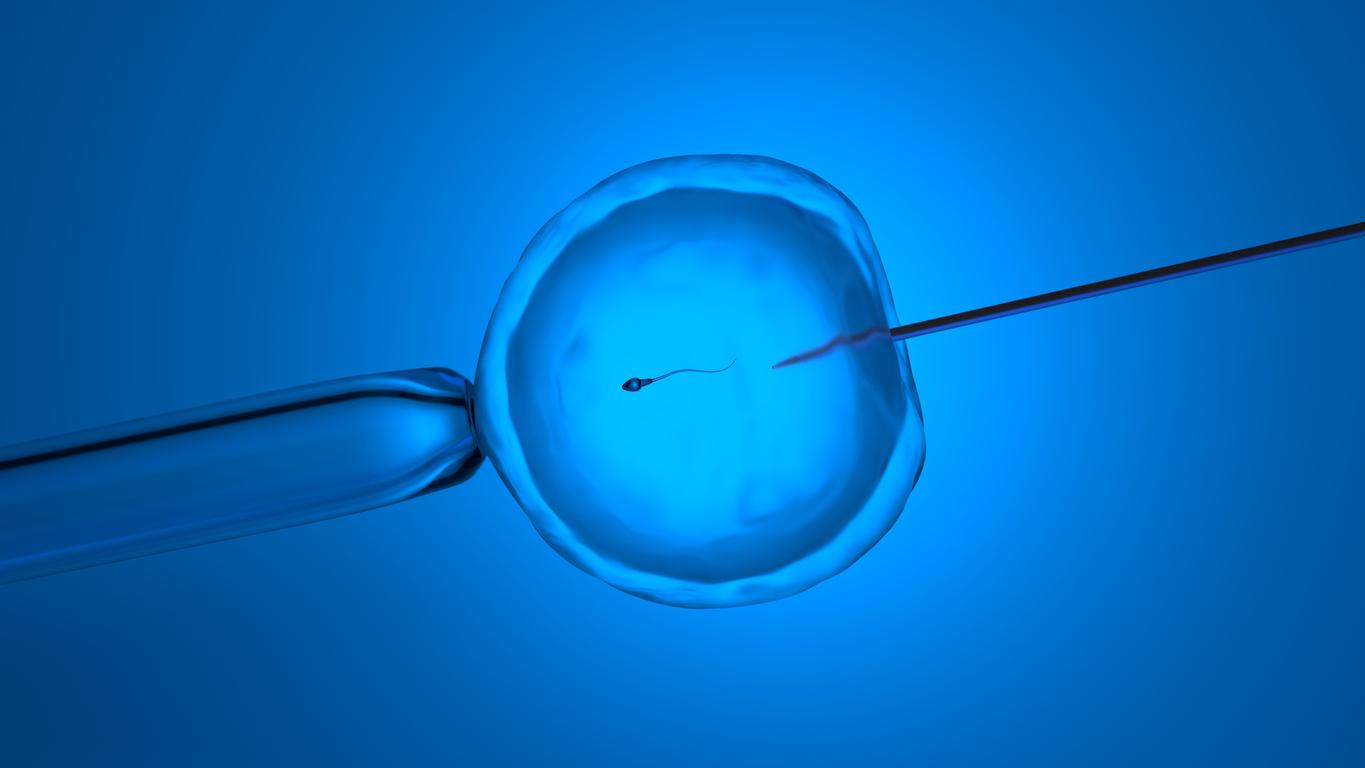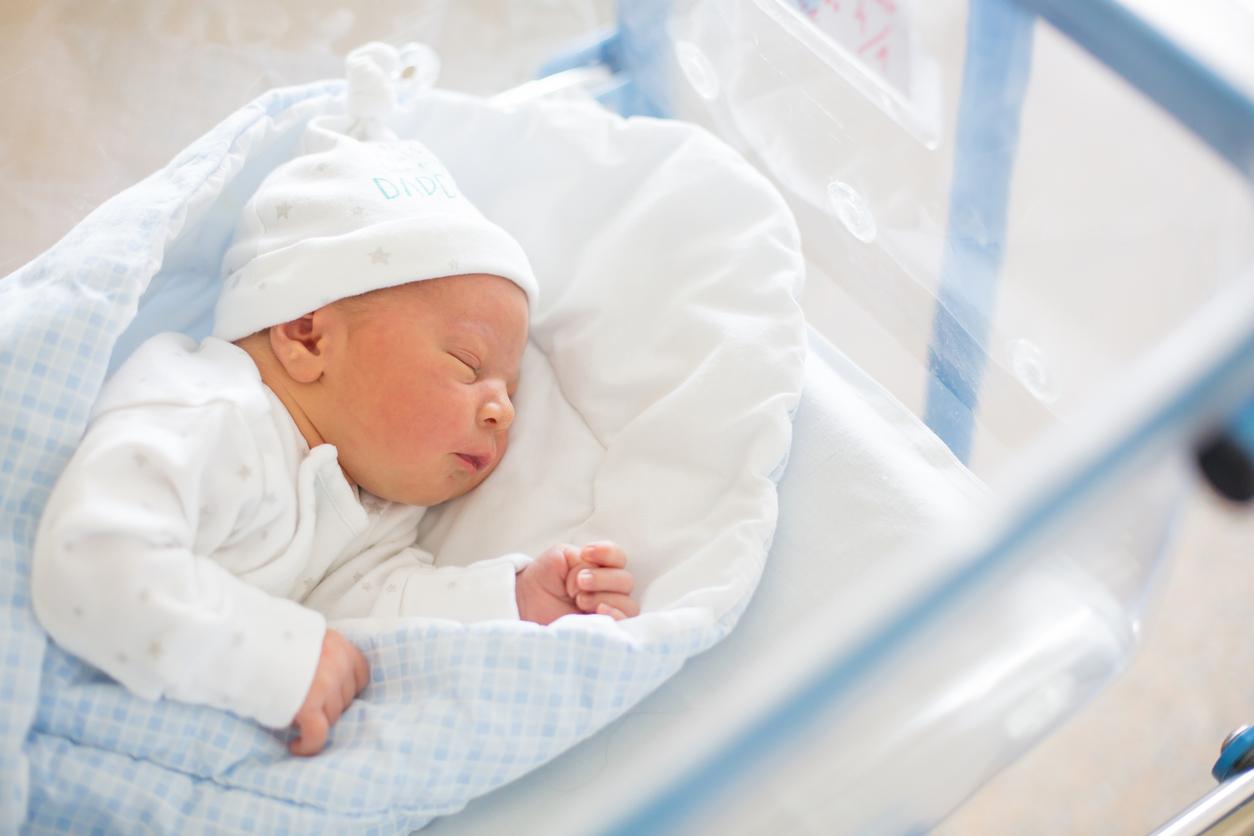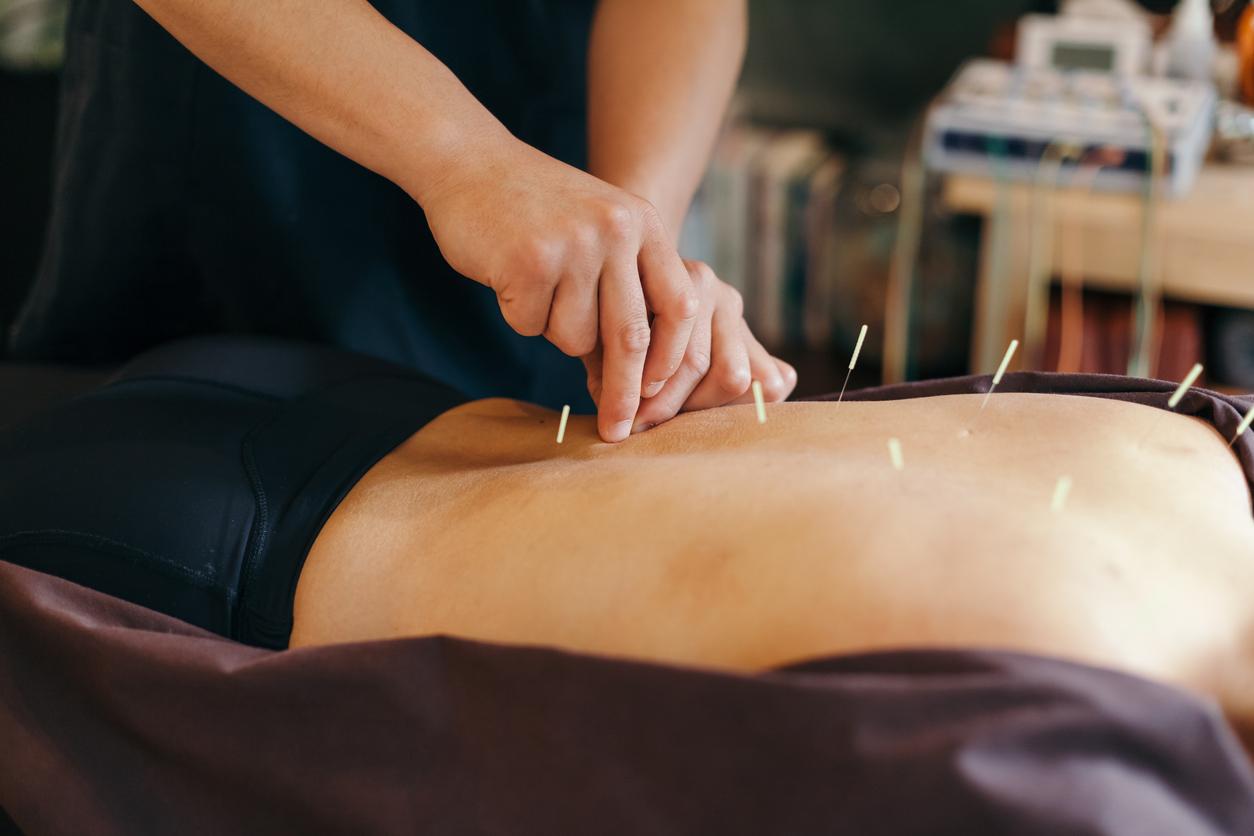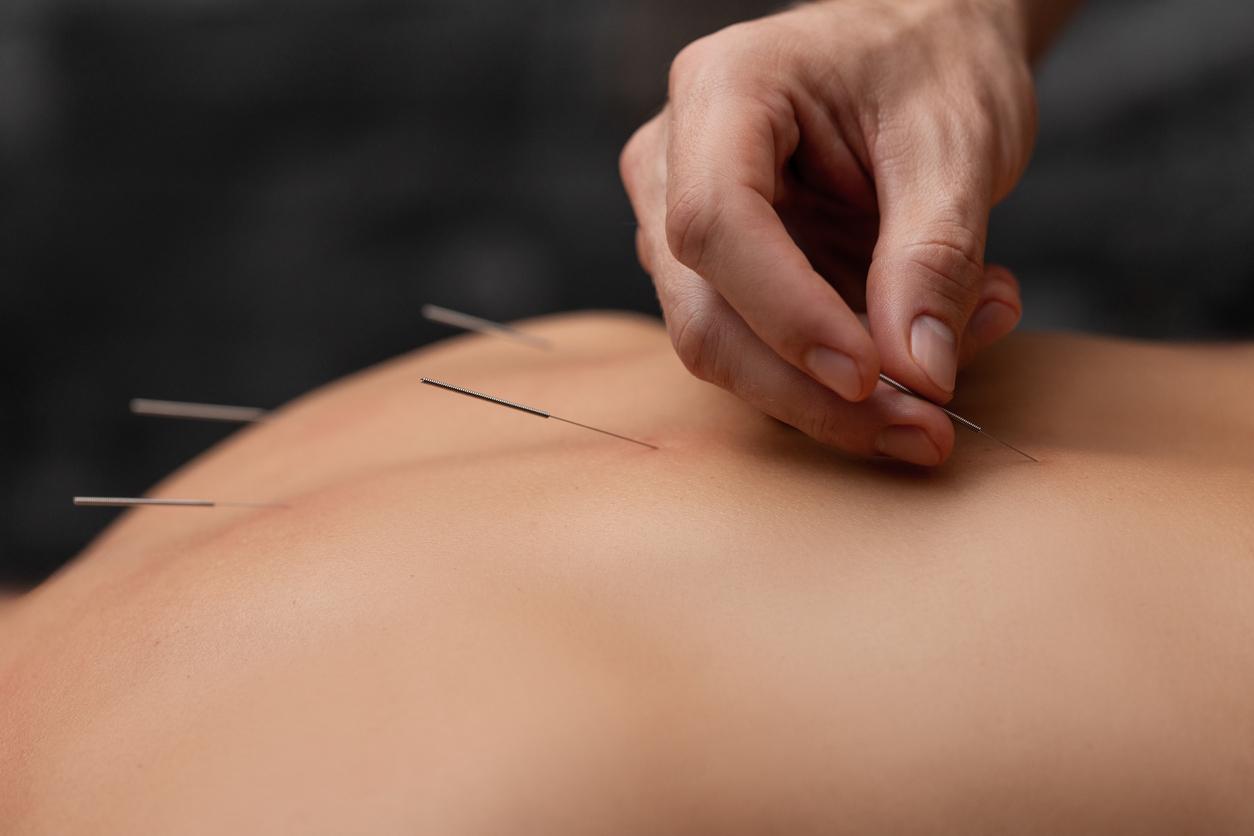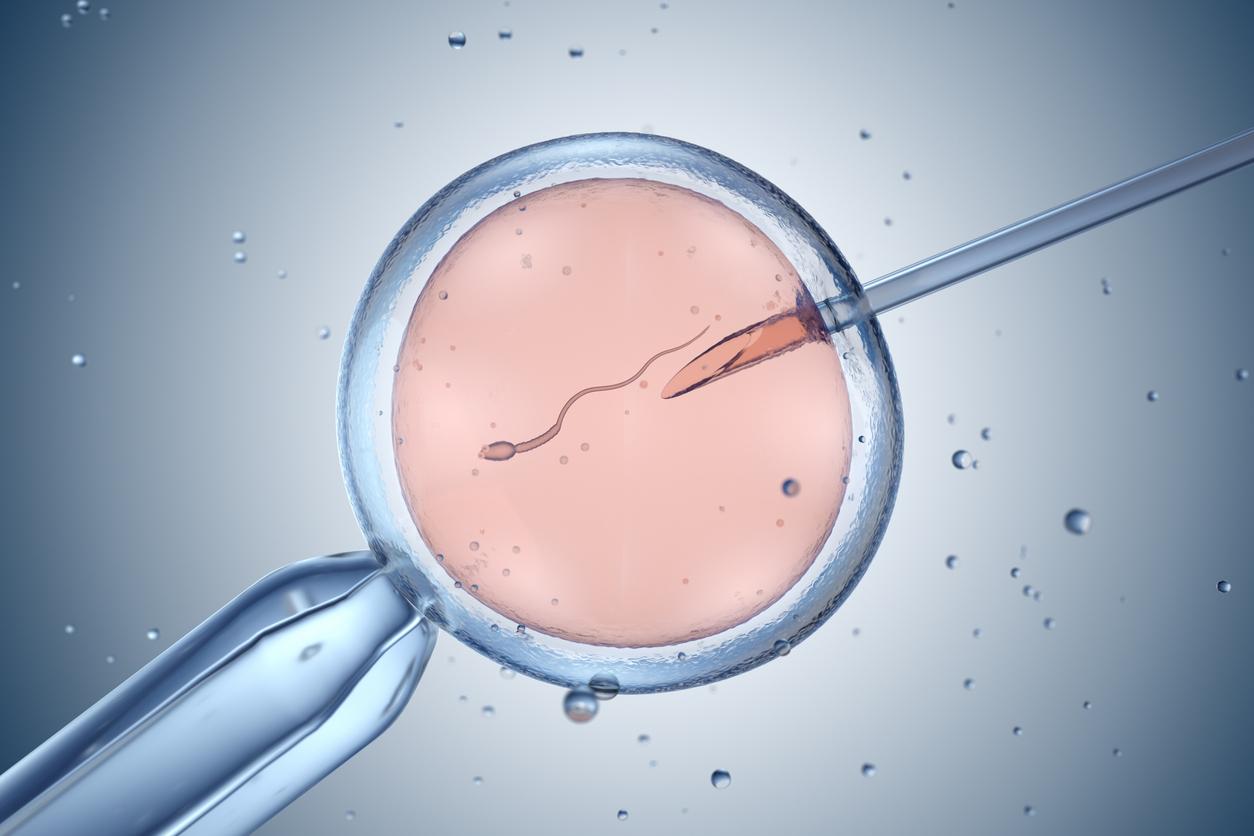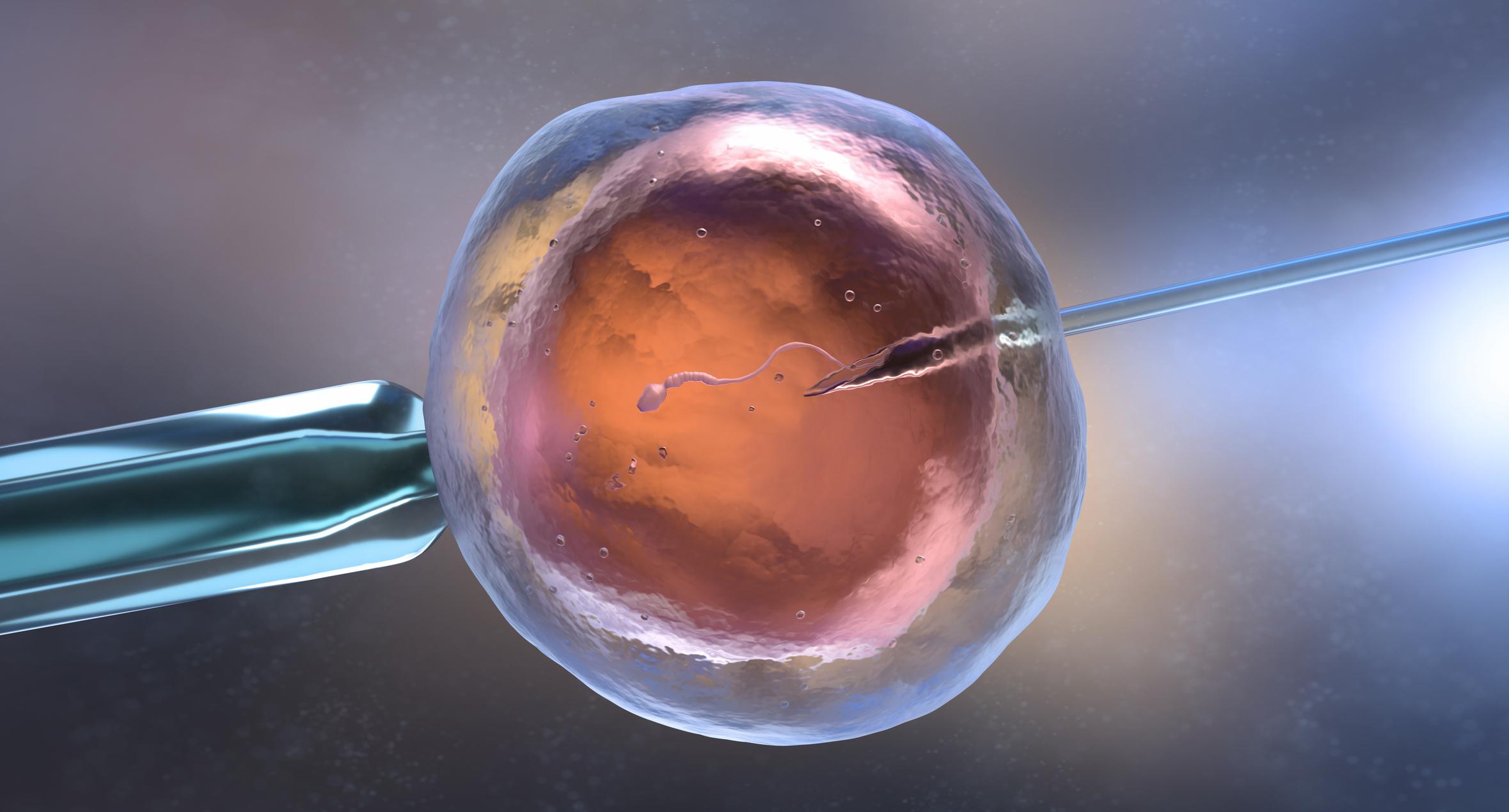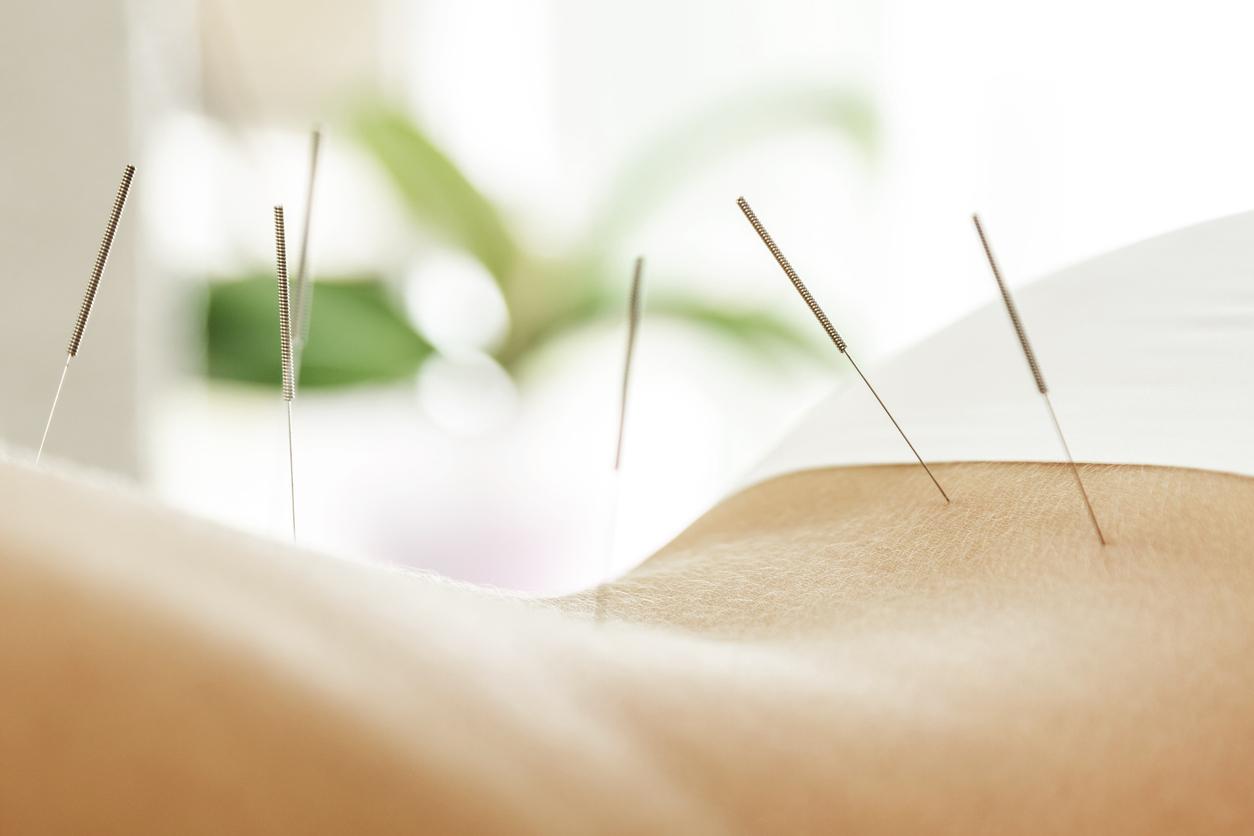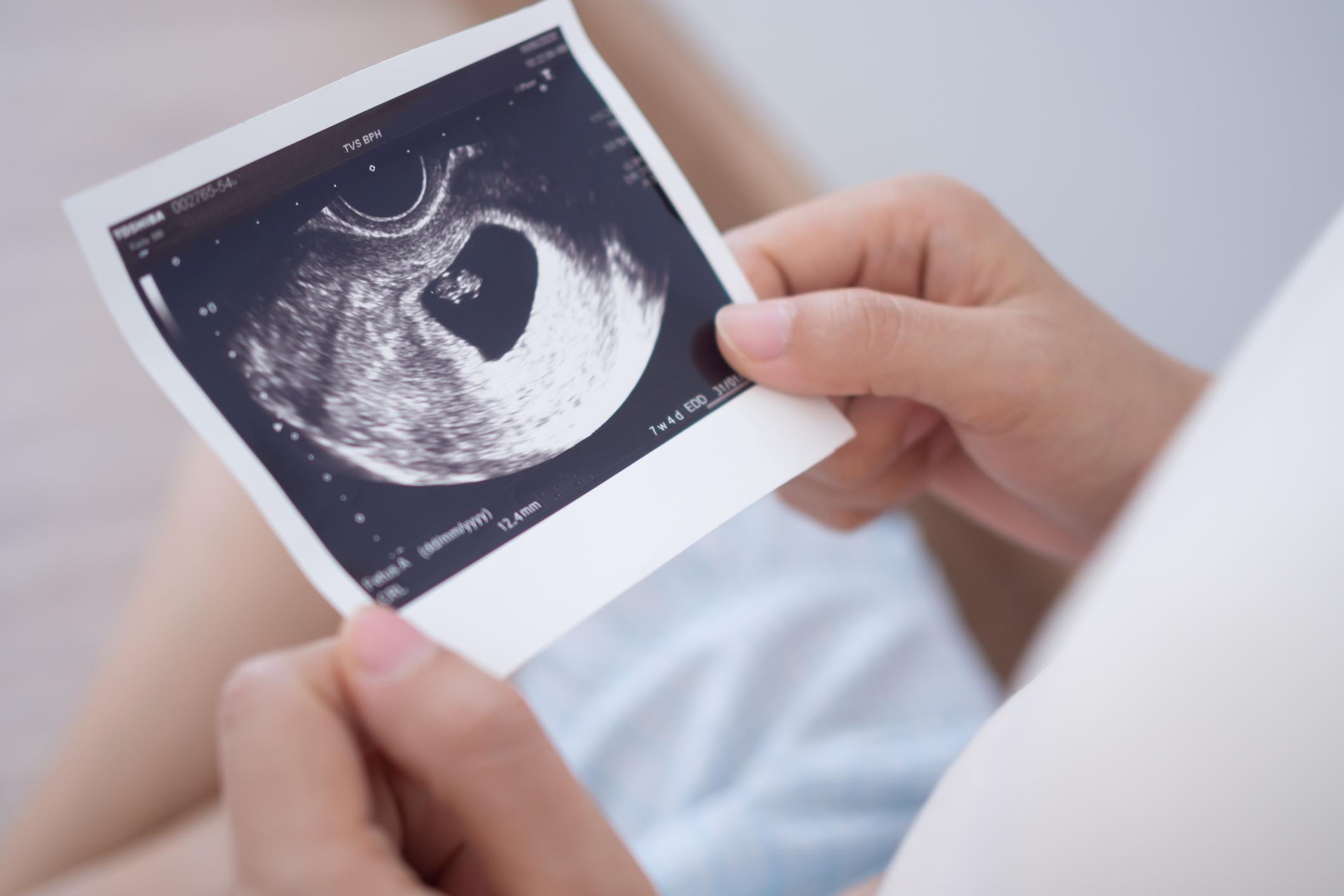Praised by women seeking to have a child by in vitro fertilization (IVF), acupuncture would have no impact on the birth rate, reveals an Australian study.

When they seek to become pregnant by in vitro fertilization (IVF), many women, after one or more unsuccessful attempts, turn to alternative medicine to increase their fertility and thus maximize their chances of conceiving a child.
Recognized by the World Health Organization (WHO) since 1996 in the treatment of reproductive disorders, this traditional Chinese practice proposes, by placing needles on strategic points, to restore the force of vital energy and to balance the energies which are in us in those which bring us the environment. According to its defenders, they act on the quality of cervical mucus and that of the uterine lining, and would be effective in the event of ovulation disorders or irregularities in the menstrual cycles.
However, a new study published in the journal JAMA gives another tune. Conducted by researchers from the NICM Health Research Institute (NICM) and Western Sydney University, among others, it claims that acupuncture during IVF would have no impact on the birth rate.
No convincing results from a medical point of view
Carried out in 16 IVF centers in Australia and New Zealand, the randomized clinical trial involved 848 women aged 18 to 42 who underwent an IVF cycle using fresh embryos between June 2011 and October 2015. All participants received either acupuncture or a false acupuncture check using a non-insertable needle placed far from the real acupuncture points), administered at the time of ovarian stimulation and on the day of IVF.
The results showed that the birth rate of live-born children was 18.3% among participants who received acupuncture compared to 17.8% among participants who received a false acupuncture check. Or a non-significant difference.
A significant psychosocial effect
Caroline Smith, chief researcher and clinical research professor at NICM, however, wishes to put these results into perspective. “In clinical practice, acupuncture treatment is individualized with variation in dosage, including more frequent treatments before and during the IVF cycle – the lack of frequent treatments was a limitation of our trial.”
“Although our results do not show acupuncture as an effective treatment compared to sham acupuncture, some studies suggest that reproductive outcomes may be improved when acupuncture is compared with no treatment,” continues the specialist, who underlines the psychosocial benefit reported by women who undergo IVF.
“We also looked at the results of psychosocial benefits in our study, which we are currently writing another paper on,” said Professor Michael Chapman, study co-author and president of the Fertility Society of Australia.
“Feeling relaxed and reporting stress relief, as well as making women feel good about themselves, is good for women who are undergoing an IVF cycle,” he concludes.
.









